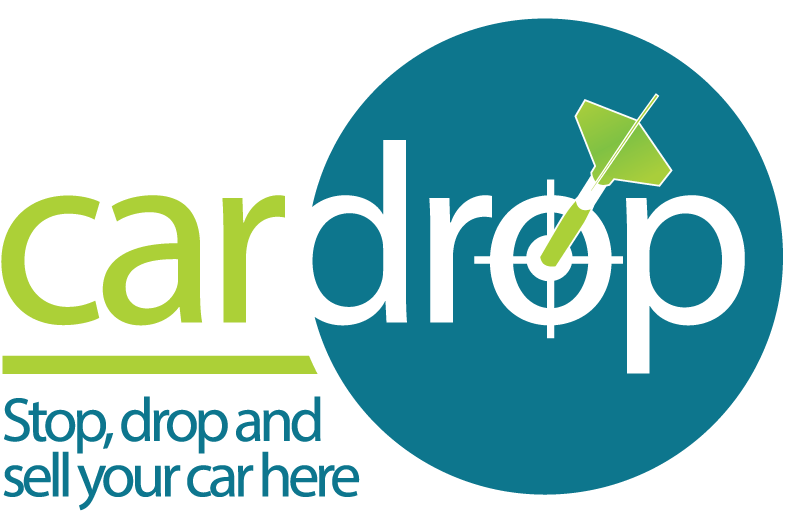Research from a study at USC Marshall unveils that a consumer with a trade-in will pay more money to the dealer than a consumer without one.
The study speculates that a vehicle trade-in can create inferences about the buyer’s willingness to pay based not only on their decision to trade in the used car, but also on its characteristics.
For example, brand loyalty will cost you. Dealers charge higher prices to consumers who trade in used cars similar to the one they are looking to purchase. Buyers with a trade-in pay an average of $990 more than those who do not trade in their used vehicles. It’s also been found that a buyer will pay an additional $150 more if the trade-in is the same make as the newly desired vehicle, and another $64 if it is the exact model.
Why? Well, lets give you a scenario. If you’re buying a smaller pickup truck such as a Ford Ranger while also trading in your previously used Ford truck, the salesperson can assume you are not considering Toyota, Nissan, or any other competitive brands. Therefore the salesperson can infer that you would be willing to pay more.
Now what can you do to avoid this issue? There are two reasonable solutions:
You can sell your car to an independent car buying center, such as Cardrop. Find a company that only buys cars, otherwise you will lose your profitability margin on the company having to resell your vehicle.
The last option you have is hiding from the salesperson that you have a trade-in until after you finalize a price on the new vehicle. This is a difficult task because car salesmen are trained to pull additional information from a prospective customer and to make assumptions.
At the end of the day, if you are not satisfied with the dealership’s appraisal of your used vehicle you can bring the offer into us and we will beat it. We beat most offers we see, especially from Carmax.
